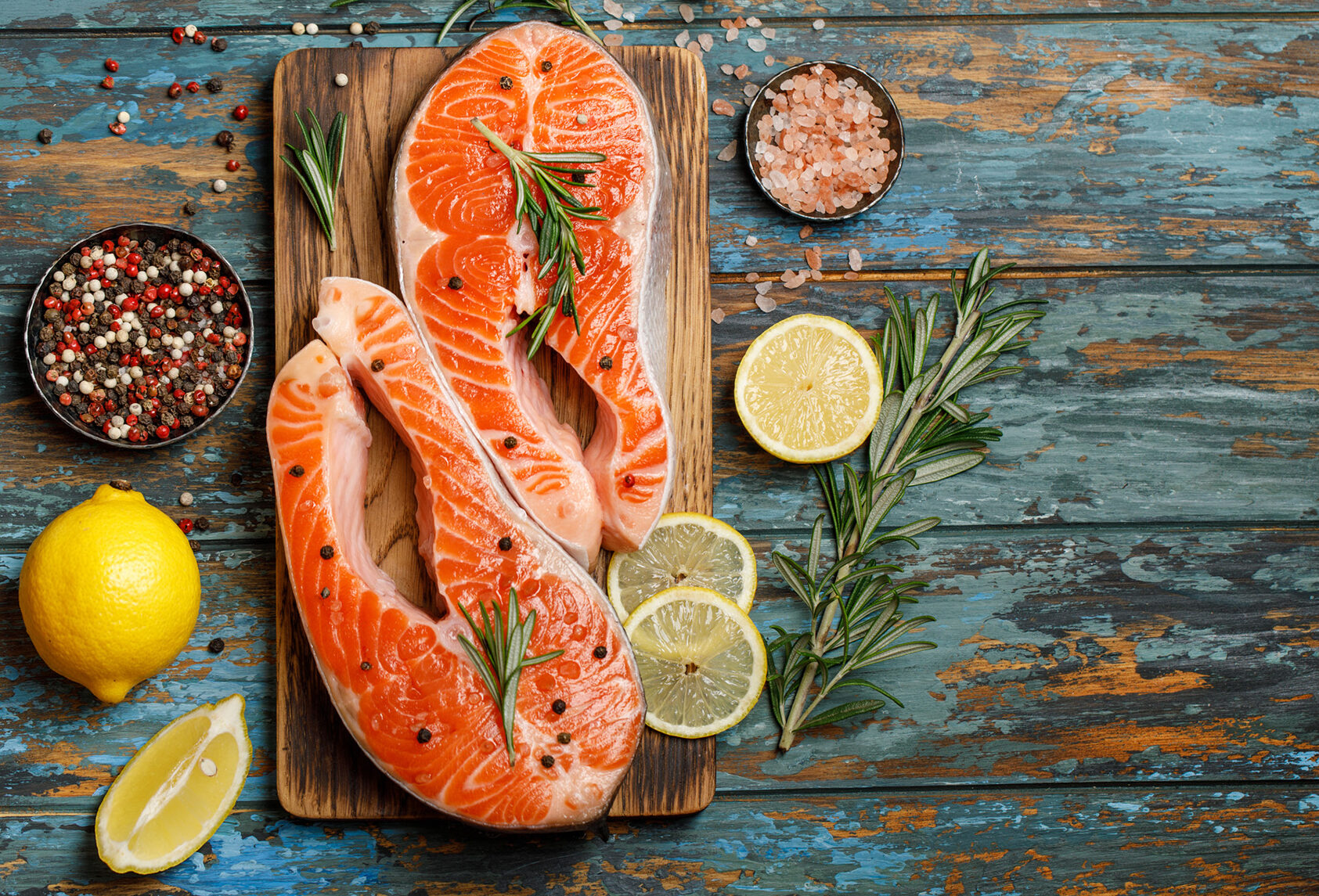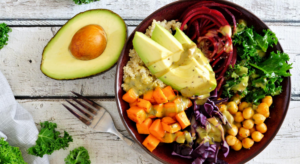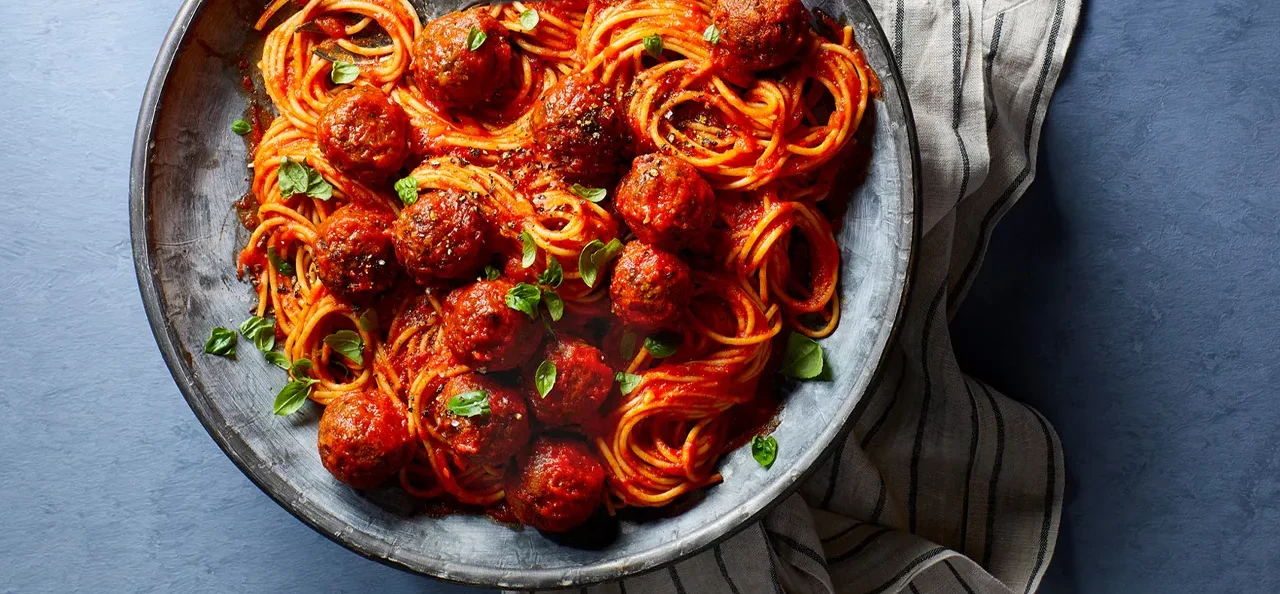Maintaining a balanced diet is essential for overall health and wellness. A balanced diet consists of a variety of foods that provide the body with the necessary nutrients it needs to function properly. The components of a balanced diet include eating lots of vegetables and fruits, choosing whole grain foods, consuming protein foods, and limiting processed and sugary foods. The Healthy Eating Plate is a useful guide for creating balanced meals that promote good health.
The Eatwell Guide also emphasizes the importance of eating a variety of fruits and vegetables, whole grains, and protein-rich foods to maintain a healthy, balanced diet. By incorporating these components into one’s diet, individuals can ensure that they are providing their bodies with the necessary nutrients for optimal health.
A balanced diet offers numerous benefits for overall health and wellness. Eating a wide variety of healthy foods helps protect against chronic diseases and keeps the body in good health. A balanced diet can also help maintain a healthy weight and improve how one feels. Consuming foods that are high in nutrients and low in saturated fats and sugars can help reduce the risk of heart disease, stroke, and other chronic illnesses. In addition, a balanced diet can improve energy levels, mood, and cognitive function. By incorporating healthy and nutritious foods into their diets, individuals can reap the benefits of a balanced diet and improve their overall health and well-being.

Incorporating a balanced diet into daily life can improve overall health and wellness. By focusing on whole, nutrient-dense foods, individuals can ensure that they are providing their bodies with the necessary nutrients for optimal health. Planning meals ahead of time and incorporating healthy recipes can make it easier to stick to a balanced diet. Making small changes, such as choosing whole grains over refined grains or incorporating more fruits and vegetables into meals, can have a significant impact on overall health. By prioritizing a balanced diet, individuals can improve their physical and mental health and lead a more wholesome and fulfilling life.
Wholesome and delicious recipes for breakfast, lunch, and dinner
Starting the day with a wholesome and delicious breakfast is essential for maintaining a balanced life. There are many healthy and tasty breakfast options available, such as pumpkin chia seed pudding, sweet potato breakfast hash, and blueberry lemon chia pudding. A variety of breakfast bowls, including avocado and egg brown rice bowls and berry superfood smoothie bowls, are also great options for a quick and nutritious breakfast. Busy individuals can benefit from preparing make-ahead breakfasts like easy egg muffins or peach overnight oats. Incorporating these wholesome and delicious breakfast recipes into one’s daily routine can provide the necessary fuel for a productive day while maintaining a balanced and healthy lifestyle.
For a healthy and satisfying lunch, there are a variety of recipes to choose from. Caponata flatbread and grilled sweet potatoes with lemon-herb dressing are just a few examples of delicious and nutritious lunch options. Quick and easy lunch ideas like spinach artichoke flatbread and copycat Starbucks bacon gouda breakfast sandwich can also be enjoyed for a midday meal. Additionally, there are many healthy lunch recipes that can be prepared in 30 minutes or less, such as stir-fries and salads. Incorporating these wholesome and delicious lunch recipes into one’s daily routine can provide the necessary fuel for a productive day while maintaining a balanced and healthy lifestyle.
Dinner is an important meal that should be balanced and nutritious. There are many healthy and delicious dinner options available, such as green goddess grain bowl, butternut squash soup with avocado and chickpeas, and chicken, quinoa, and veggie bowl. Simple and healthy recipes for the whole family can also be prepared, such as paleo or vegetarian dinner ideas. By incorporating these wholesome and delicious dinner recipes into one’s daily routine, individuals can maintain a balanced and healthy lifestyle while enjoying delicious and satisfying meals.
Tips for meal planning and preparation to maintain a balanced diet
Meal planning is an essential component of maintaining a balanced diet. By planning ahead, individuals can ensure that they are consuming a variety of nutrient-dense foods that meet their daily dietary needs. An easy-to-follow 7-day meal plan that includes nutritious meals can be a helpful starting point for those new to meal planning. By planning meals in advance, individuals can also save time and money, as well as reduce food waste.

To make meal planning and preparation more manageable, it is helpful to stock up on basic, healthy ingredients that can be used in a variety of dishes. Examples of healthy staples include eggs, Greek yogurt, and whole grains. Having a list of go-to meals that are both nutritious and easy to make can also save time and money. Meal prep is another great way to save time and ensure that healthy meals are readily available. Meal prep recipes that can be cooked in less than 30 minutes are a great option for those with busy schedules.
Incorporating variety and flexibility into meal planning is essential for maintaining a balanced diet. This can be achieved by trying new recipes and experimenting with different ingredients. For example, a 1800-calorie meal plan that relies on wholesome foods can provide a variety of nutrient-dense options. Additionally, modifying favorite recipes to include healthier ingredients can be a simple way to make meals more nutritious. Finally, it is important to remember that meal planning can be enjoyable and should include delicious options, such as wholesome and naturally sweet smoothies for kids.

